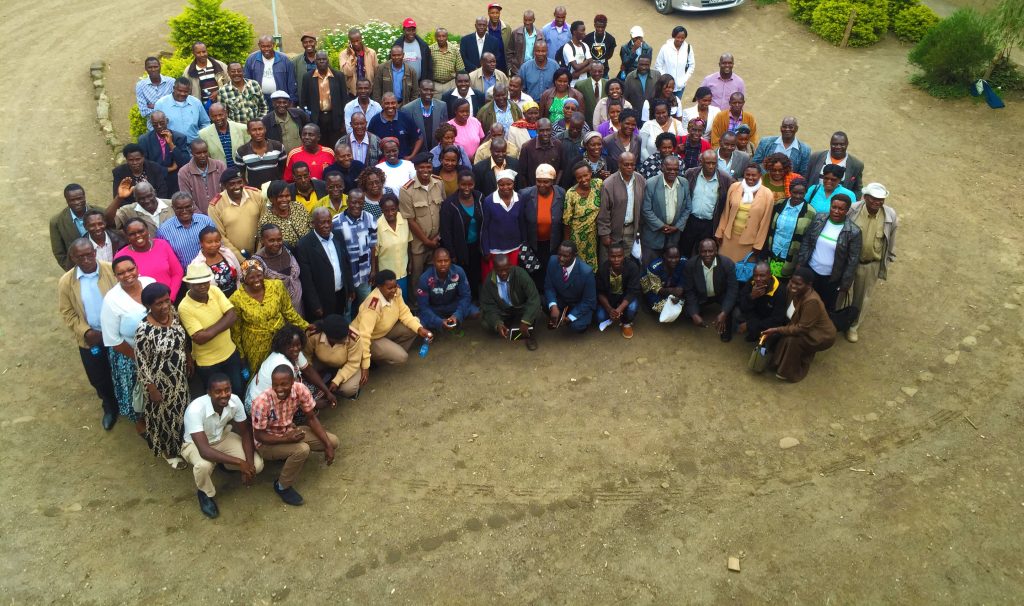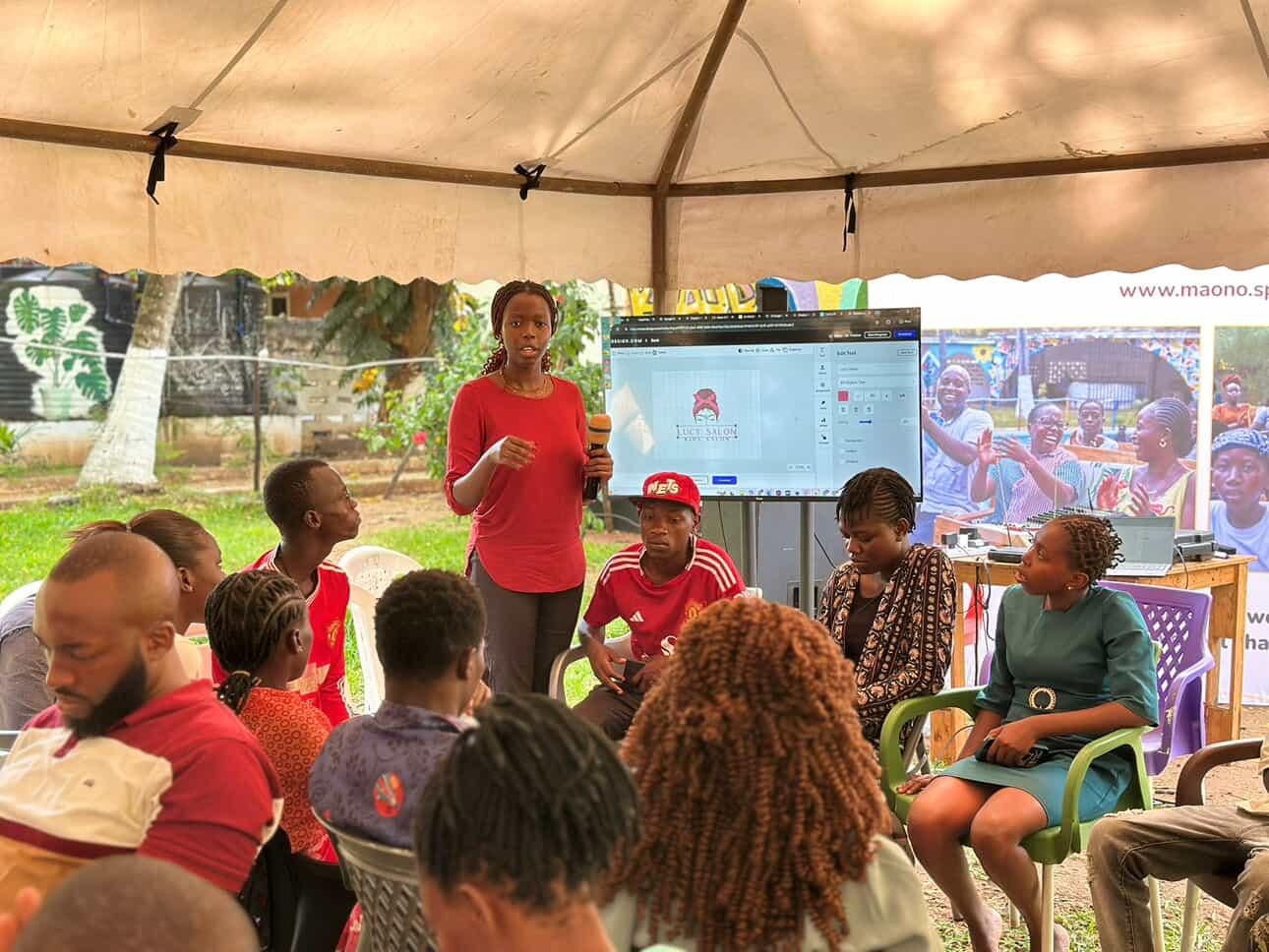The Open Institute is excited to note that the brand new dispensary at Lanet Umoja, the first public dispensary in the area since Kenya’s independence in 1963, is almost complete. At this time last year, the dispensary was a mere hope in the minds of Lanet Umoja’s community and in that of their Chief Francis Kariuki.
There are a number of incredients that come into the delivery of public services such as this dispensary. These include the availability of funds, a good plan and political goodwill. In many instances, the political will is the greatest stumbling block to the delivery of public services. What swings political goodwill for projects that impact communities and that help to address the Global Goals?
Good leadership is one drive of political will, but at the Open Institute, we argue that an informed and active group of citizens is what it really takes. In Lanet, we have been working with the community since September 2015. The main milestones that we aimed for were as follows.
First, that the community is empowered to know themselves and to frame their development in the context of the Global Goals. To achieve this, we introduced them to the Global Goals and to the value of Data as a driver for development in their area. As a matter of fact in Lanet, we had to spend time discussing the ownership of their country and the position they hold as citizens in the governance totem pole – at the top.
We had to remind them that they are the bosses of their elected leaders.
Secondly, we got the community leaders to practically go out and collect data on all aspects of their community’s life – from security and housing to energy and agriculture to education, gender, livelihoods and health. Our thinking was that by collecting data themselves, they would start to develop the “muscle memory” to be regularly informed about their location’s affairs.
By going door to door, the process of data collection and the data itself becomes less abstract and academic and more realistic.
Finally, we worked with them to digitize the data and to get to a process where they analyzed it themselves to identify their challenges and needs. Upon listing them we took the community through a process where they could prioritise their needs and identify the government or non-government actors that they should partner with to get solutions. The identification of the right solution centres is as important a step for the community as figuring out the problems or their priorities. Some things they recognised that they should solve them in-house (“kinyumba” – within the community) and that they need no intervention from government or non-governmental organisations. Some of the solutions they were able to pin to the national government and the county government.
The dispensary was pinned to the county government since that is a devolved function. The community invited the county government to a meeting which was held just outside a marketplace in Murunyu sub-location. At the meeting, a memorandum was read by the chairlady of the location’s gender committee and then handed over to the county government.
“If you do nothing else here before elections in August, get that dispensary up and running,” the memorandum read.
The ensuing conversation was an interesting one for us to watch. The county, it transpired, had set aside money for the dispensary but their challenge was that they had not identified a piece of land on which to place it. After much discussion and brainstorming, it was agreed that they would convert the land on which an old cattle dip lies to a community centre that includes a dispensary and other facilities.
In just six months, the dispensary is complete. Circling back to the question of goodwill, we learnt that when citizens know what they need for their community and when they actively direct the process, the SDGs can be achieved quickly and sustainably.
In essence, this dispensary is for us a live example that #DataWorks for the SDGs. It is no longer an abstract idea but reality.
















